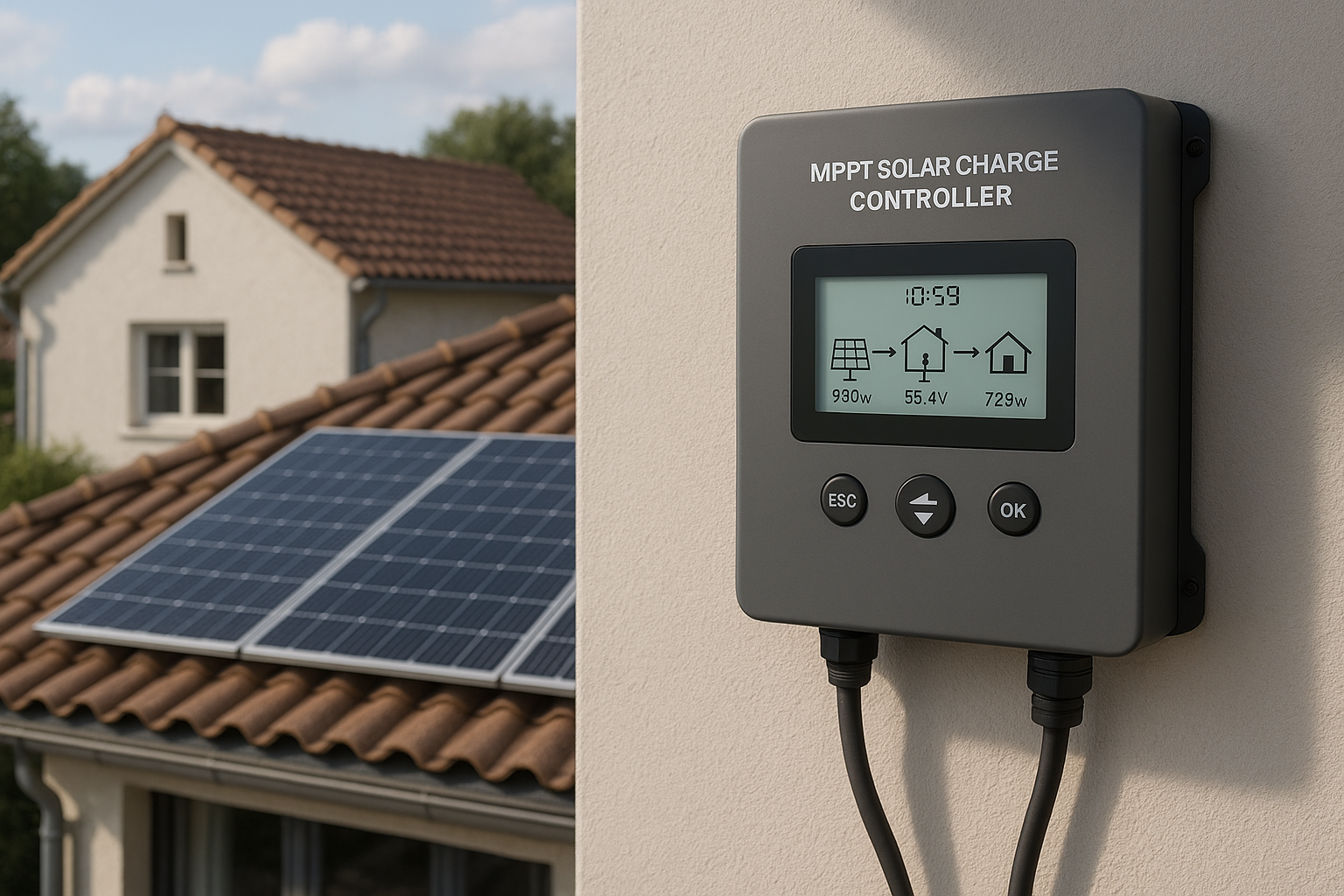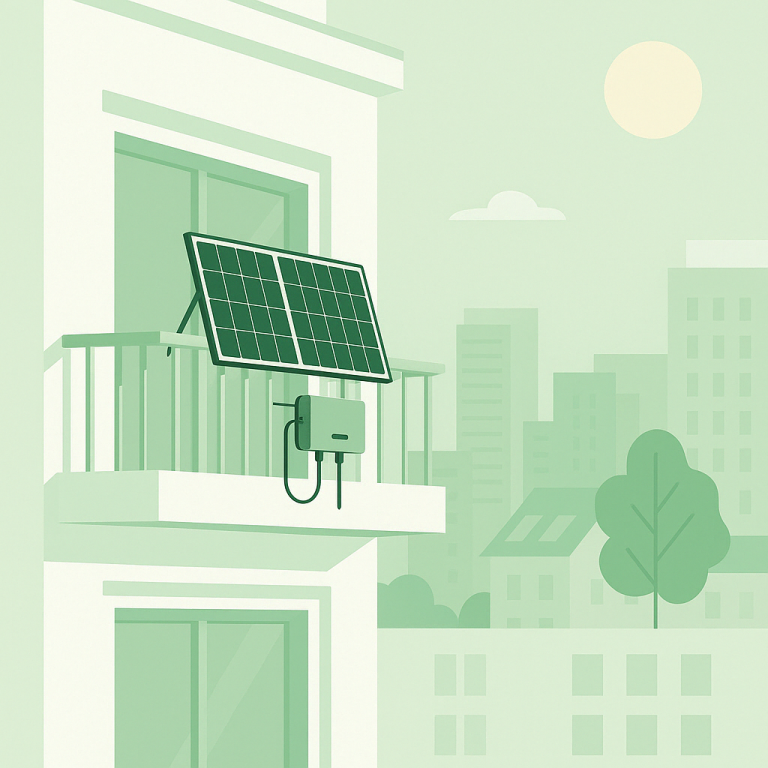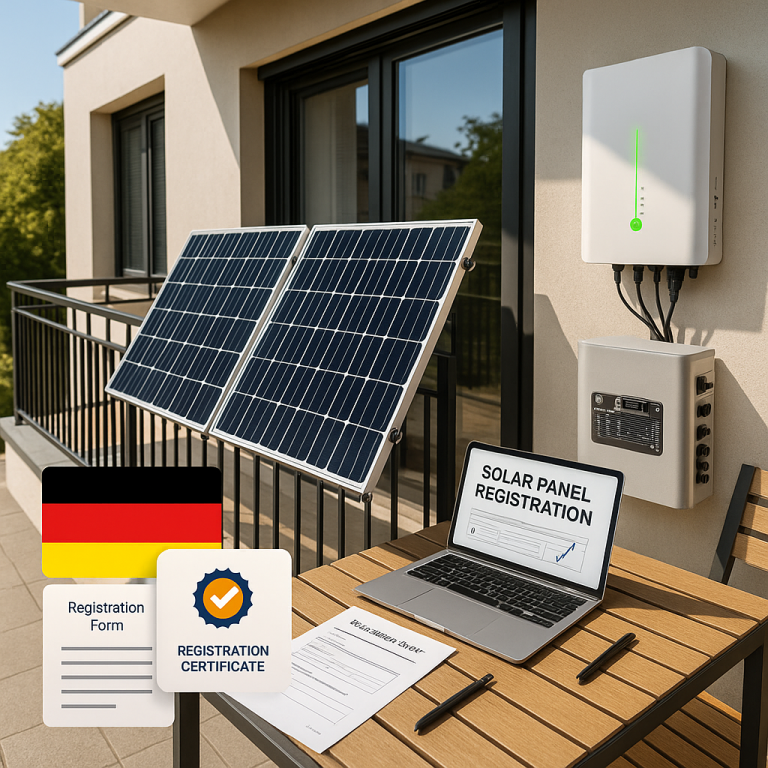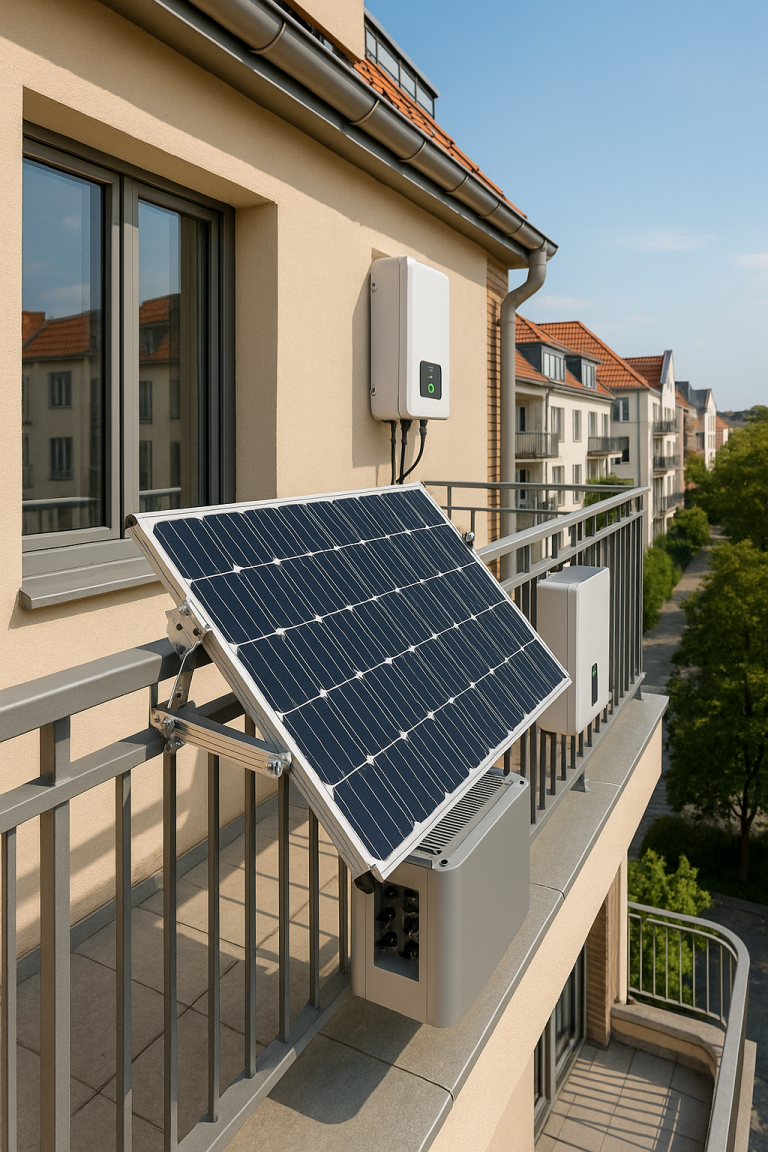✨ Introduction: Why MPPT Matters for Modern Solar Systems
In 2025, as homeowners across Europe aim for greater energy self-sufficiency, optimizing solar system performance is essential. A key component that can dramatically boost output is the MPPT charge controller.
MPPT—short for Maximum Power Point Tracking—ensures your solar panels operate at their most efficient voltage and current combination, leading to up to 30% more power compared to traditional charge controllers.
? 1. What Is an MPPT Charge Controller?
MPPT controllers are intelligent devices that continuously track and adjust the electrical operating point of your solar array to harvest the maximum power.
Key Functions:
- Matches solar panel voltage to battery voltage dynamically
- Maximizes current flow into batteries
- Works best with LiFePO4 and other modern storage types
- Ideal for systems with variable sunlight (clouds, shading)
? 2. MPPT vs PWM: Why MPPT Wins
| Feature | MPPT Controller | PWM Controller |
|---|---|---|
| Efficiency Boost | Up to 30% | ~70–80% baseline |
| Voltage Flexibility | High (wide PV range) | Low (panel = battery V) |
| Cost | Higher | Lower |
| Battery Compatibility | Excellent (LiFePO4, GEL) | Basic (Lead Acid) |
| Cold/Cloudy Conditions | Performs well | Loses efficiency |
MPPT is especially advantageous for higher-voltage solar arrays and batteries requiring precise voltage regulation.
? 3. How MPPT Boosts Solar Efficiency
MPPT controllers constantly calculate the maximum voltage/current ratio:
- Tracks irradiance levels
- Adjusts output 1000s of times per second
- Reduces power loss from mismatched voltage
? Example: An 800W panel array under fluctuating sunlight can deliver 640–700W with PWM but 720–800W with MPPT—a 10–25% gain.
? 4. Choosing the Right MPPT Controller
When shopping for an MPPT controller, consider:
- Max PV Input Voltage: Should exceed your array’s open circuit voltage
- Output Amperage: Must match or exceed battery charge specs
- Battery Type Support: Look for LiFePO4 profiles
- Communication Interface: Bluetooth/WiFi for app monitoring
- Certifications: CE, RoHS, EMC, IP65 housing
✅ Brands like Victron, EPEver, and SRNE are EU favorites.
? 5. JYHSolar Compatibility: Smart Pairing with EB2048
The JYHSolar EB2048 battery works best with MPPT controllers that:
- Support 48V/51.2V battery profiles
- Include programmable voltage curves
- Offer active balancing to protect LiFePO4 chemistry
If using the JYH-BPS1600 all-in-one kit, the built-in MPPT controller is optimized for EB2048 pairing.
? Conclusion: A Small Upgrade, A Big Gain
Upgrading to an MPPT controller is one of the most impactful changes you can make to a solar system. Especially in Europe where weather varies greatly, the real-time tracking and efficiency benefits are substantial.
Ready to find the right controller for your setup? Contact our solar experts or browse our charge controller articles.




